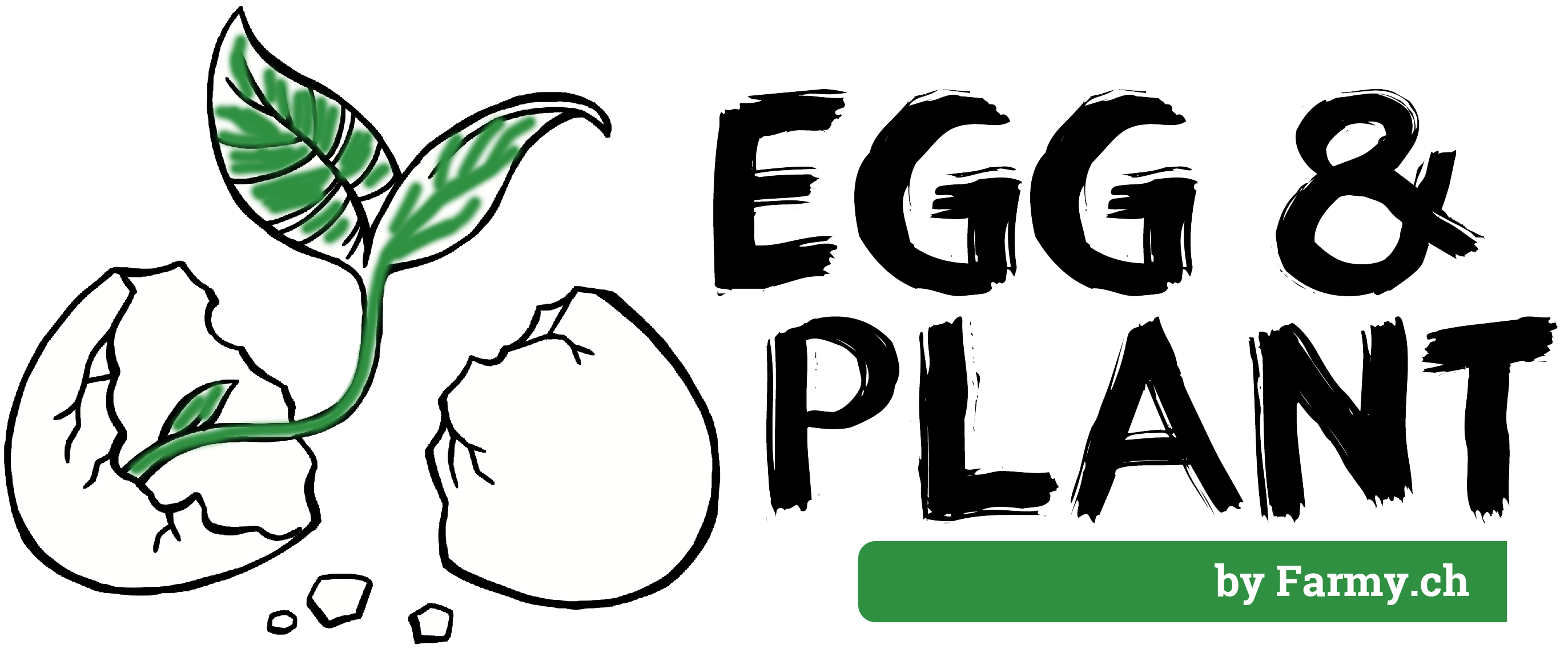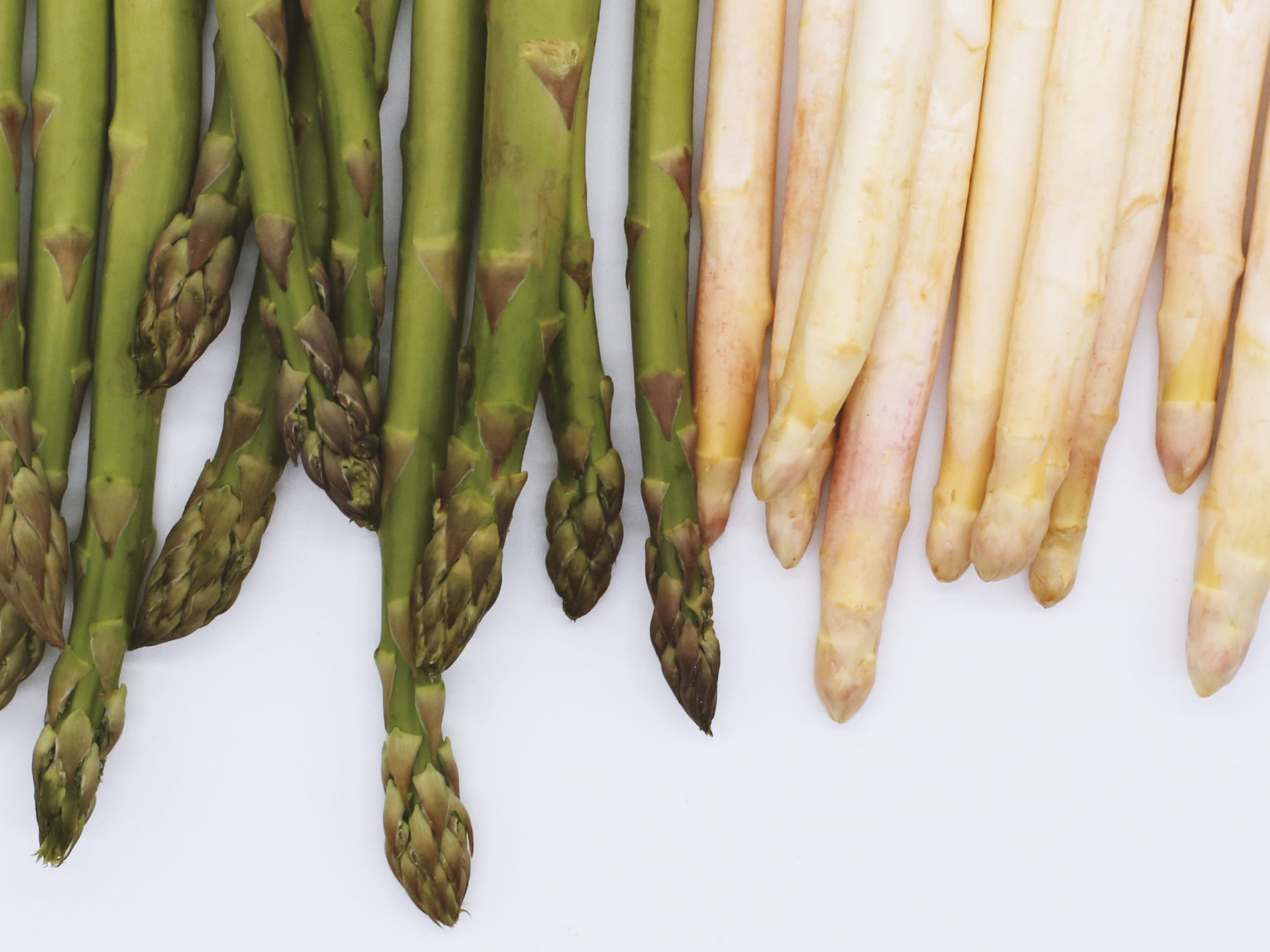Every year, everybody gets very excited when asparagus season is around the corner. Guess what, it is here now and you are probably pretty happy to soon be able to cook this vegetable in all kinds of forms. But before indulging in all of this deliciousness, let’s dig into what happens before they reach our fridges and why it is a good thing we love them so much.
Why asparagus is so popular
One of the reason they are so popular could definitely be that they are the first vegetable harvested in spring, accounting for the official goodbye to winter. And who doesn’t love stepping into the sunnier days?
For those of you who grow asparagus yourselves, another reason could be all the patience it takes to see the first results of your work. In fact, after planting them, you cannot harvest until the third year. This does take some discipline (especially if you have a soft spots for asparagus): even though the spears will appear as of the first and second year, if you wish to see the yield increasing over the years, you shouldn’t harvest those first spears as you have a high chance of killing the plant (or stunting the production for future years). As of the third year, you can either cut or snap the spears at ground level. Depending on the yield, harvest could continue up to six/eight weeks, but not further.
The different kinds of asparagus
You probably know, cook and eat the two main varieties, green and white, but did you know there also was a purple variety of asparagus?
The green asparagus is the most popular one, taking its colour by soaking up all the sun when peaking through the soil and therefore producing chlorophyll. Most of them will have a firm and fibrous texture but will be more tender towards the tip. Their flavour tends to be earthy yet slightly sweet.
The white asparagus is less common, mostly due to the need for handpicking, therefore being rarer and more expensive than the previous type. The lack of colour is due to them growing under the grown and even being covered by dark plastic tarps, avoiding them to get sunlight and therefore producing chlorophyll (which would give them a green colour). Their flavour is sweeter but milder compared to the green variety.
The purple asparagus, originally from Italy, is now commonly cultivated in Northern America and Western Europe. Its colour comes from the high level of anthocyanins, present in the plants, which are high in antioxidants (as you may know, all red and purple fruits and vegetables are a good source of antioxidants). Their texture is less fibrous and they taste quite sweet, as they naturally have up to 20 % more sugar that their siblings.
The health benefits of asparagus
We often believe that everything we crave is bad for us (foods such as donuts, ice cream…). However, asparagus are an excellent source of micronutrients, which are good for our overall health. These micronutrients include fiber, folate, vitamins A, C, E (which helps strengthen the immune system) and K (which is crucial for coagulation and bone health) but also chromium, a mineral which promotes the ability of insulin to transport glucose into the cells.
In addition, asparagus could also help prevent cancer thanks to the presence of glutathione, which breaks down harmful compounds such as carcinogens.
Last but not least, asparagus are also an excellent source of iron, calcium, magnesium, zinc, potassium…
3 delicious asparagus recipes
With all these benefits coming from eating asparagus, plus the fact that we all look forward to asparagus season all year long, it is time to integrate them in some delicious recipes. Below are some you can take inspiration from:
White asparagus appetizer:
- 16 fat white asparagus spears
- 4 slices serrano ham
For the dressing
- 1 tbsp lemon juice
- 2 tbsp Dijon mustard
- 1 tsp clear honey
- 3 tbsp walnut or hazelnut oil
- 1 tbsp snipped chives
Boil the asparagus for a bit under 15 minutes, place them (cold or hot, to your liking) on a plate, lay the ham on top and drizzle the dressing on top of it all.
Green asparagus risotto:
- About 4 cups chicken stock (or vegetable stock for a vegetarian option)
- 2 tbsp unsalted butter, divided
- 1/2 cup chopped shallots
- 1 cup arborio rice
- 1/4 cup dry white wine (or 1 tbsp lemon juice and 3 tbsp water)
- 1/2 pound asparagus, trimmed, tips cut off, tough skins of the spears peeled (if working with thick apparatus spears) and the spears cut into thin disks
- 1/2 cup freshly grated parmesan cheese
- salt and pepper
Purple asparagus salad:
- 1 bunch thick purple asparagus, washed and cut into 5 cm pieces
- 1 pear (any kind), diced
- 2 tbsp crumbled blue cheese
- 1 tbsp Goji berries
- 1/4 tsp salt
- 1 tbsp extra virgin olive oil
- 1 tbsp freshly squeezed lemon juice











What do you think?